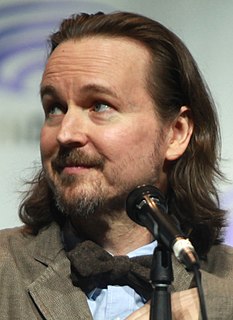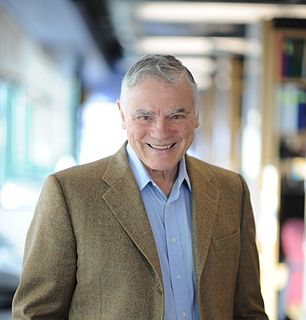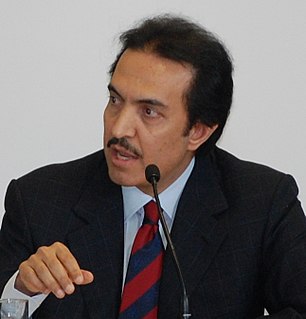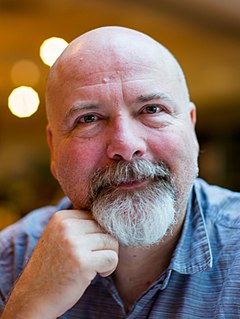A Quote by Bill Maris
Related Quotes
The question is, are there useful things that we can do with the results of a genome sequence that would bring benefit? And the answer is, today, should the majority of people go and have their genome sequenced? Probably not. But are there particular circumstances in which genome sequencing is really helpful? Yes, there are.
There's a thing when you're always working on something you really love, and this one we loved so much, it feels like you have a secret, and you can't wait to let people in on the secret. But at the same time, there's that moment where, "What if they get the secret and they think the secret is stupid?!"
There's always a question when you invest. Are you too early, are you too late, or are you just right? And there was a lot of hype about life sciences, around the sequencing of the human genome and a lot of people concluded that's not really there. But by the way, there was a lot of hype around the digital revolution just about the time of 2000 and the human genome, and it turns out that some of the world's biggest, most powerful companies are the survivors post that crash.
As a Christian, but also as a scientist responsible for overseeing the Human Genome Project, one of my concerns has been the limits on applications of our understanding of the genome. Should there be limits? I think there should. I think the public has expressed their concern about ways this information might be misused.































